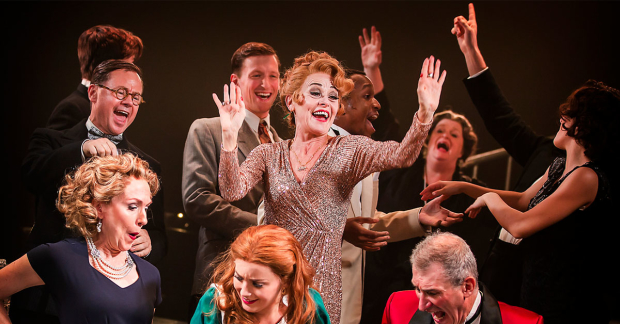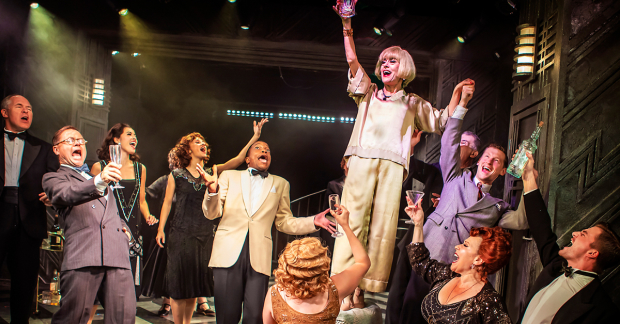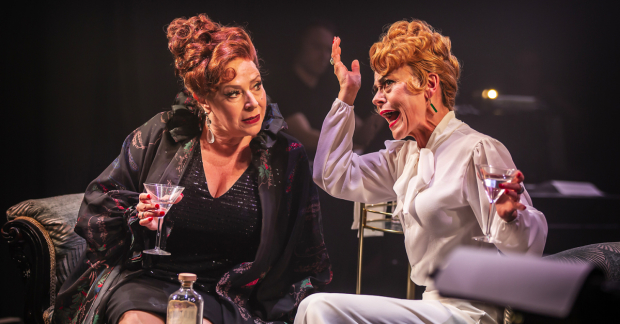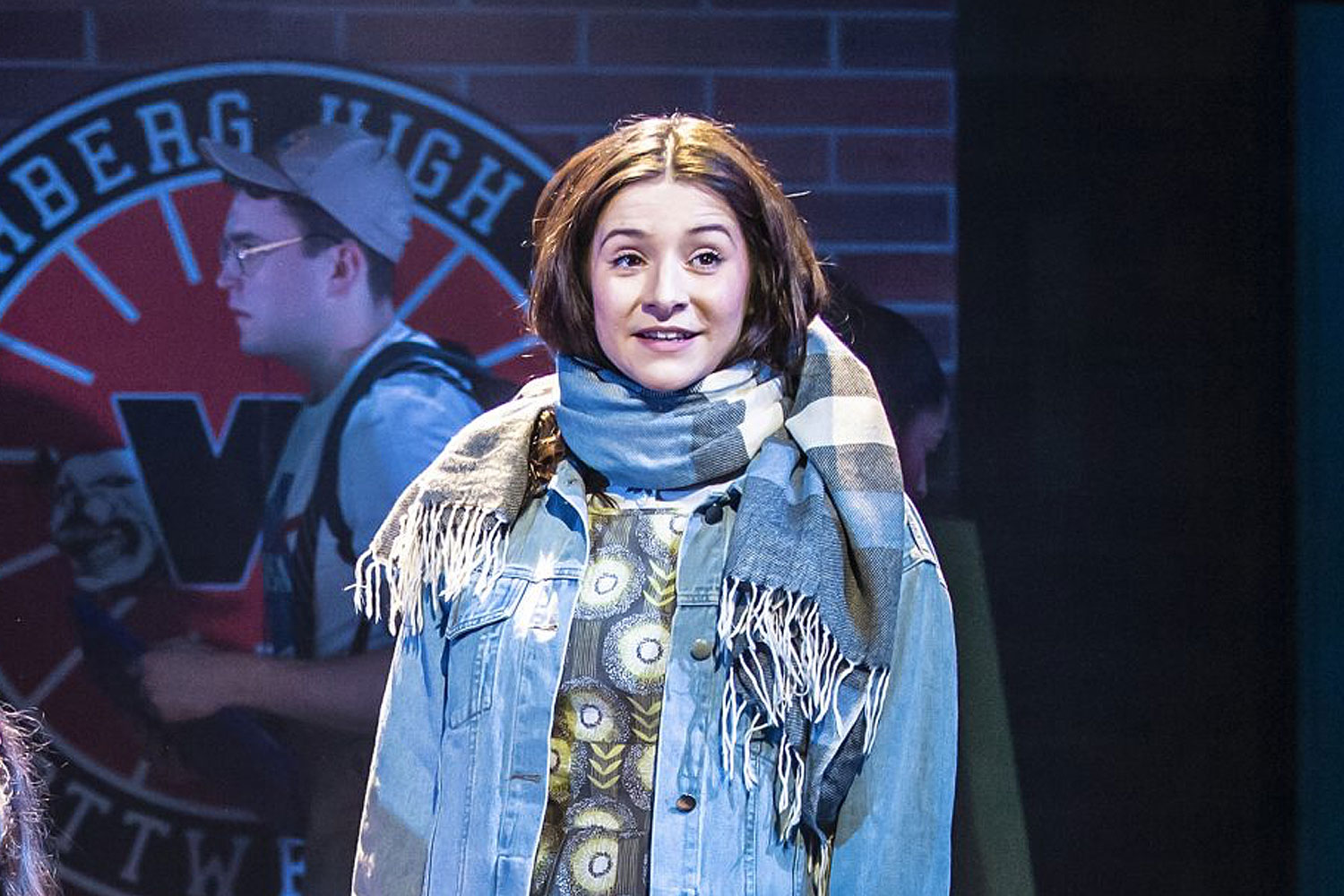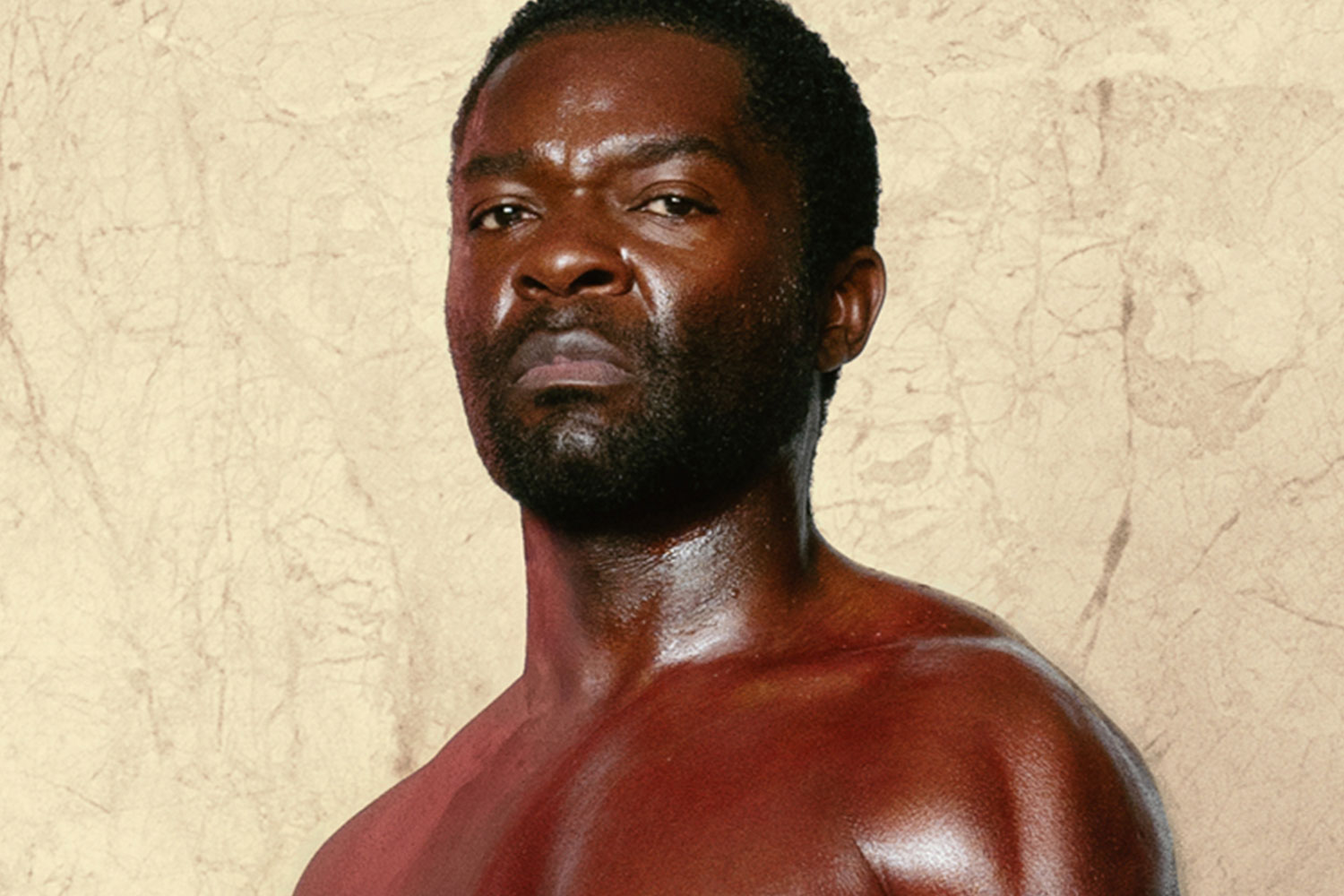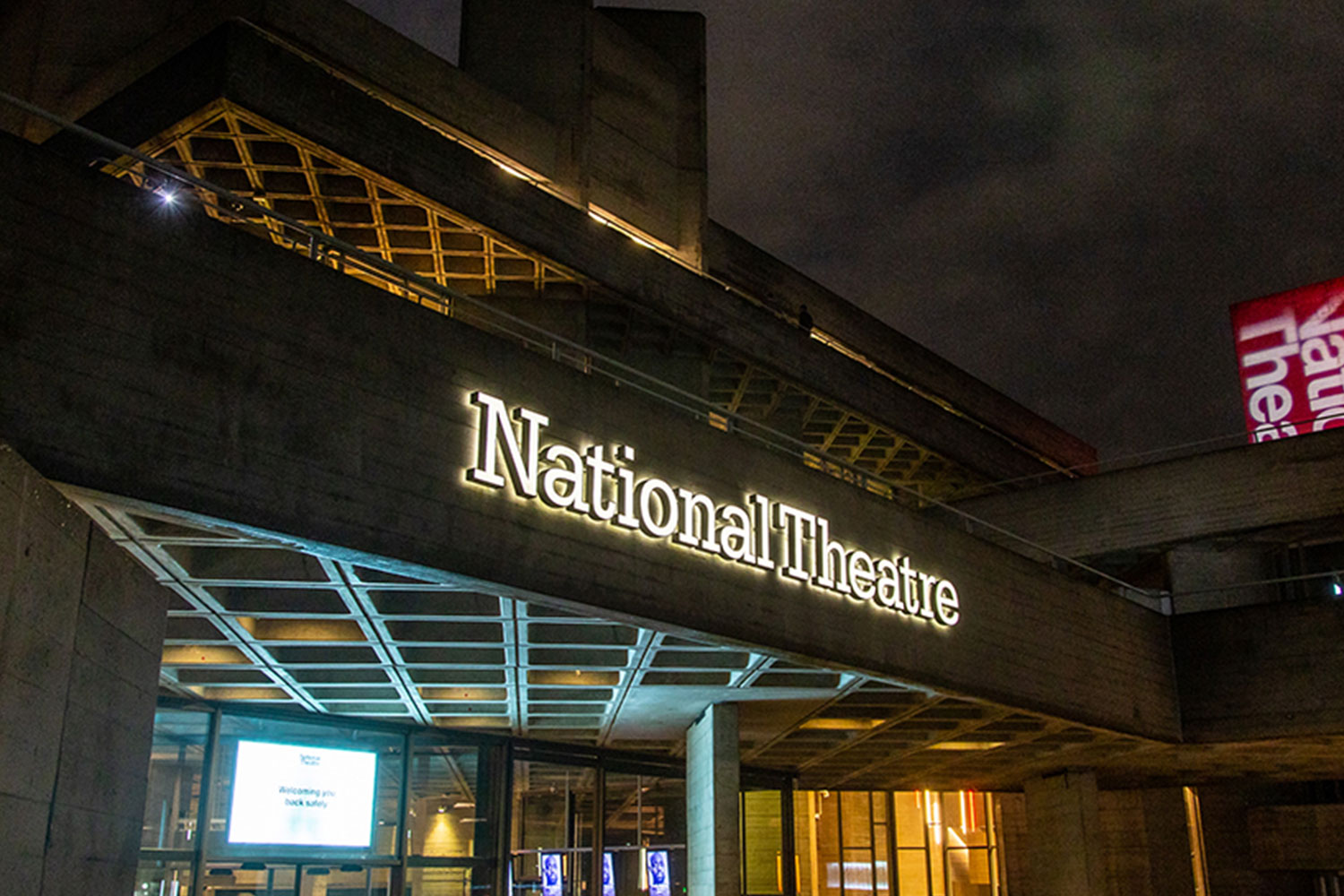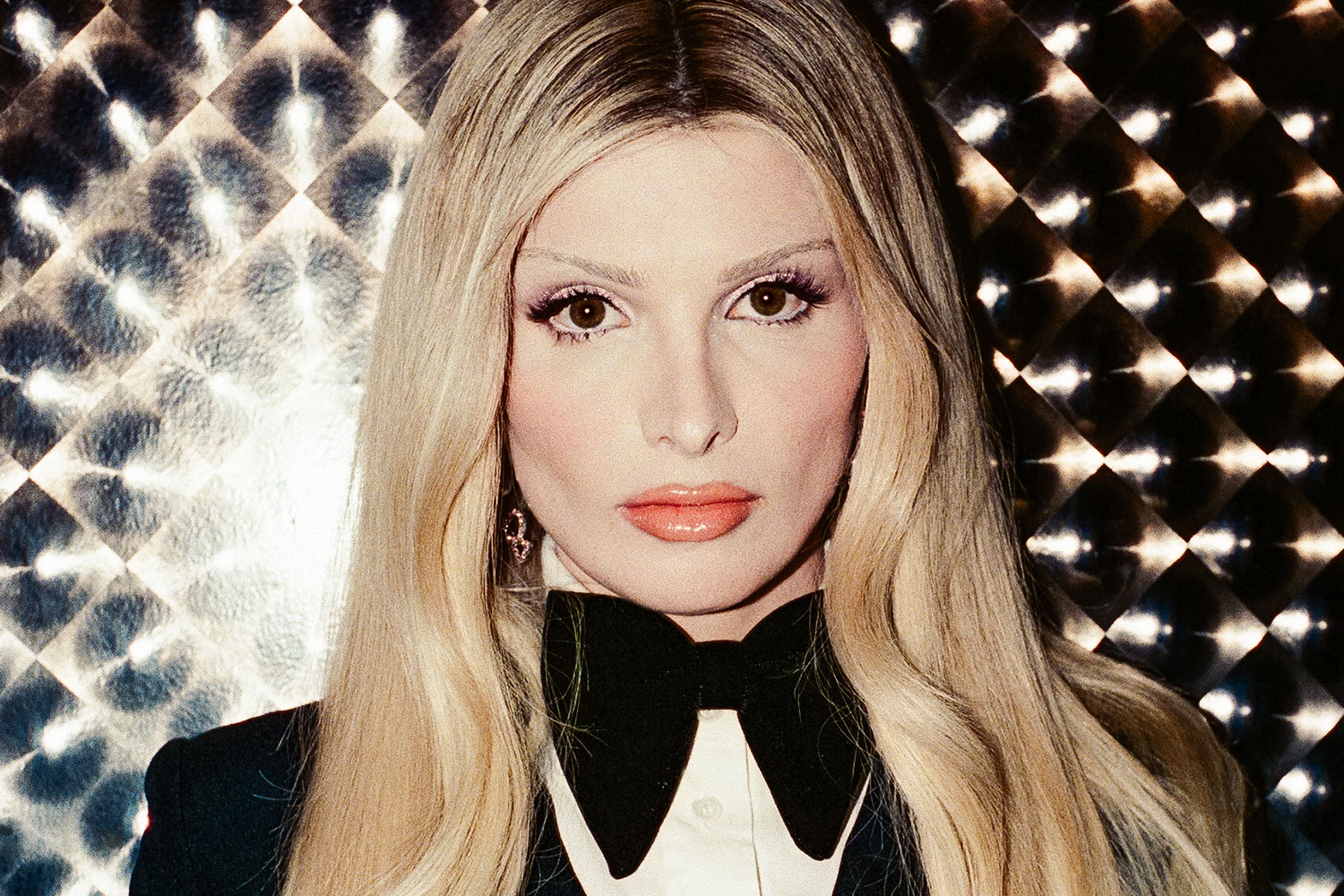Review: The Astonishing Times of Timothy Cratchit (Hope Mill Theatre)
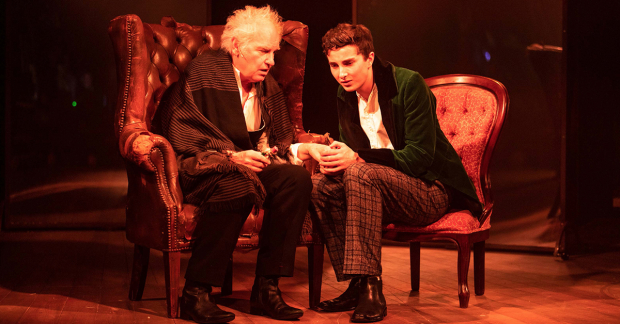
© Phil Tragen
Charles Dickens' A Christmas Carol is one of the most quintessential Christmas stories, with the iconic character Scrooge and his moral reorientation towards compassion and altruism. As this musical's title suggests however, his story is not the focus of the sequel, which imagines instead what might become of Tiny Tim after the novel ends. While it doesn't capture the same timeless quality of storytelling, there's delight in revelling in the performances of its bold characters and central hero.
As he approaches adulthood, the 16 year-old Timothy decides to leave the care of his benefactor Scrooge. Despite his education and determination, he discovers London is unwelcoming for a young unemployed man without the necessary experience. He eventually finds an opportunity to join a group of circus performers, but has to prove he's talented enough to overcome the impairment of his leg.
Ryan Kopel's performance of Timothy is astonishing. Securing sympathy from the beginning, he limps onstage with a leg brace and walking stick to introduce himself as a young man taught to stand tall and pursue his dreams. The stick symbolises his independence as he becomes less dependent on its support and gains the confidence to "find my own way". Kopel perfectly balances humility – clenched fists at his sides to barely contain his excitement – against jolting bursts of sprightly enthusiasm. He scans the audience with beady eyes, often sharing his aspirations from the front of the stage as his self-evaluation is reflected in Gregor Donnelly's mirror-wall set. There's undoubtedly some endearing pleasure in watching him mature, but this alone can't sustain the show's length.
After this initial greeting, the audience is thrust into bustling London, "a centre of possibility". Like so many of the group musical sequences however, it's an overexcited, frantic flurry of busy action, overwhelmed by the ensemble and medley of vocals. Andre Catrini's score contains many songs that could have just as efficiently been expressed by dialogue, and which only stagger Timothy's progression. Furthermore, they're not unforgettably catchy and all soon begin to sound the same.
The copious songs vastly outweigh the insubstantial plot. There's an efficient simplicity to Dickens' original story of transformation, but playwright Allan Knee's rather unimaginative narrative sees Timothy find a job and, inevitably, fall in love. He devotes the bulk of the play to a bizarre circus plot: though it makes sense for Timothy to gravitate towards a gang of struggling misfits, it's never explained why they all fake Italian accents that jarringly diverge from Dickens' wintry London setting. Even Scrooge makes irregular appearances as though to remind the audience that there is a story somewhere in the back of all this, but his deterioration sporadically jostles for attention as an almost superfluous subplot.
Despite this, the other characters are all charismatically animated by the vibrant cast. Paul Greenwood's scarlet-flushed face and cavernous black eyes suggests Scrooge's imperiously overbearing authority over Timothy, his intensity only matched by the eccentric effervescence of Michael Matus' circus leader Grimaldi, whose loud craziness becomes irritating by the end. Sammy Graham plays Lucy with a more gentle, restrained positivity, even if her sole purpose is waiting for Timothy to become enamoured with her and seems signposted from the start.




